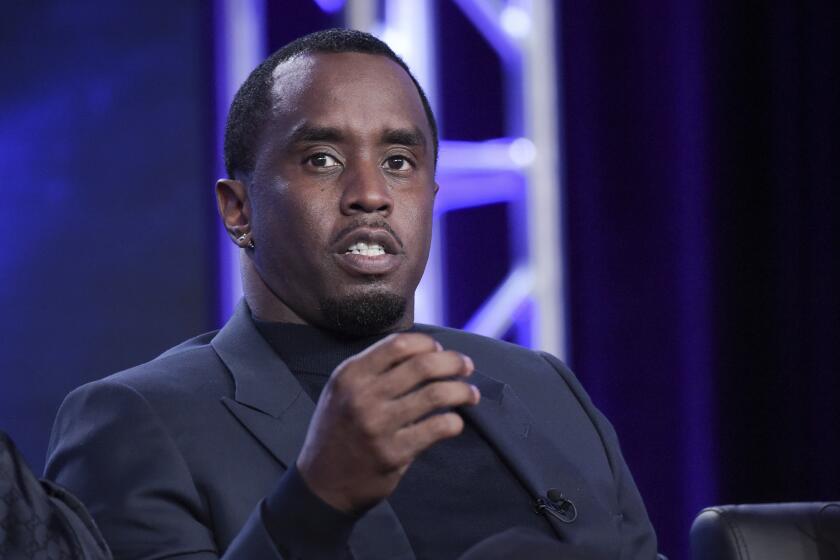Music industry executive’s long career is still on track
Jac Holzman, who founded Elektra Records 60 years ago with $600 — half from his bar mitzvah money — should by all rights be sipping mai tais on a tropical island at this point in his career. Instead, the 79-year-old is exactly where he likes to be: in the thick of a technological tidal wave that’s crashed over the very industry he helped to build.
Holzman is senior advisor to Edgar Bronfman Jr., the chief executive of Warner Music Group Corp. who asked the veteran to return to the label that bought Elektra in 1970, along with Nonesuch Records, which Holzman launched in 1964. Among the artists he signed over the years were the Doors, Queen, Carly Simon and Harry Chapin.
Throughout his career, if there was one thing Holzman liked almost as much as the music he put out, it was technology. From vinyl to eight-track to compact disc and now digital, he embraced each transition like a boy who had been given a new model airplane that he could take apart, examine the pieces and put together in new configurations.
In 2004, Holzman received just such a challenge from Bronfman. The two had a three-hour lunch at Warner’s New York offices, after which Bronfman asked Holzman if he wanted to work on Warner’s digital music projects. Holzman said he’d have to think about it and boarded the elevator. By the time the elevator reached the 10th floor, he knew what he wanted to do. Two months later, Holzman presented Bronfman with a plan for an all-digital music label that would sell clusters of three or four songs, not just singles.
It was a small change, but it helped Warner sell more songs at a time when traditional record companies were fast losing their grip.
We met up with Holzman at his Santa Monica apartment to ask him whether major music companies can steer through the current technology tsunami.
Do artists need labels now that they can easily put out their own music?
There are artists out there who know who their audience is, and they can go directly to them. But there are artists out there who can’t or aren’t interested in doing that. Labels are there for them, doing what labels have always done: guide artists to their best performance and create the marketing support around them. Marketing is about connecting great records to willing ears.
How do you think record companies should navigate the digital waters to survive and even thrive?
They should not go down any single path. Chaos is something to embrace. There are many paths, and we should try all of them. If they don’t work, just move on. From the publishing standpoint, our responsibility is to aggregate rights and make use of those rights. We need to loosen up our permissions and make it easier for creative people to remix songs, for example. As a label, we should never lose that umbilical thread from our gut to the music. If you take care of your artists, they will take care of you.
Bronfman has said that he doesn’t think free streaming music services such as the one Spotify offers in Europe are good for the industry because the ads don’t bring in enough money. What do you think?
Spotify is a neat idea and a great listening experience. But it’s not working. They offer a free service supported by advertising, and they also have a subscription service that they want people to buy for $5 a month, $10 if it’s for a mobile device. Five dollars is a cup of coffee, it’s loose change compared to the $70 or $100 you pay for cable [TV]. But they haven’t been able to convert people from the free service to the paid service.
How does someone like you who started in the business six decades ago keep up with the times?
My heart has always been with independent music. It’s a small percentage of the music that’s sold, but a larger percentage of the music that’s shared on peer-to-peer sites [that share pirated music]. Why? Because it’s edgy and experimental. We should maintain that edge and celebrate independent culture. I do that by listening to music that I don’t understand. Whenever I get stuck, I just keep listening until it comes to me.
alex.pham@latimes.com
More to Read
The biggest entertainment stories
Get our big stories about Hollywood, film, television, music, arts, culture and more right in your inbox as soon as they publish.
You may occasionally receive promotional content from the Los Angeles Times.










